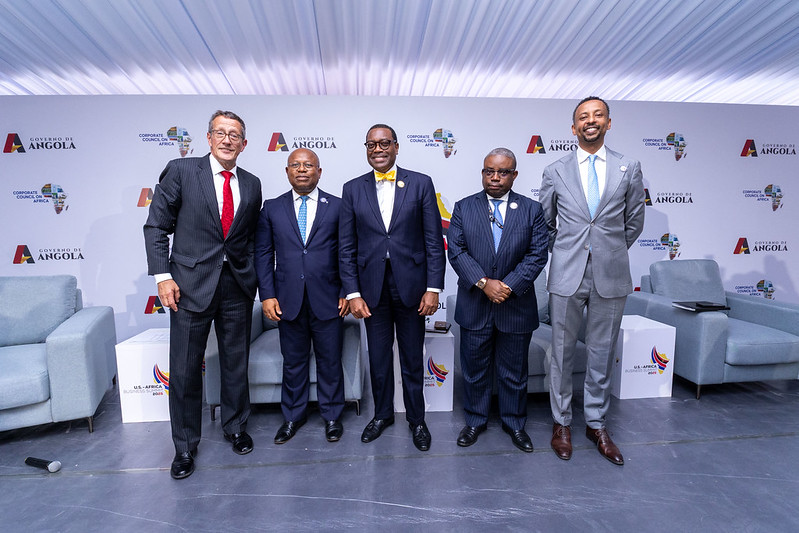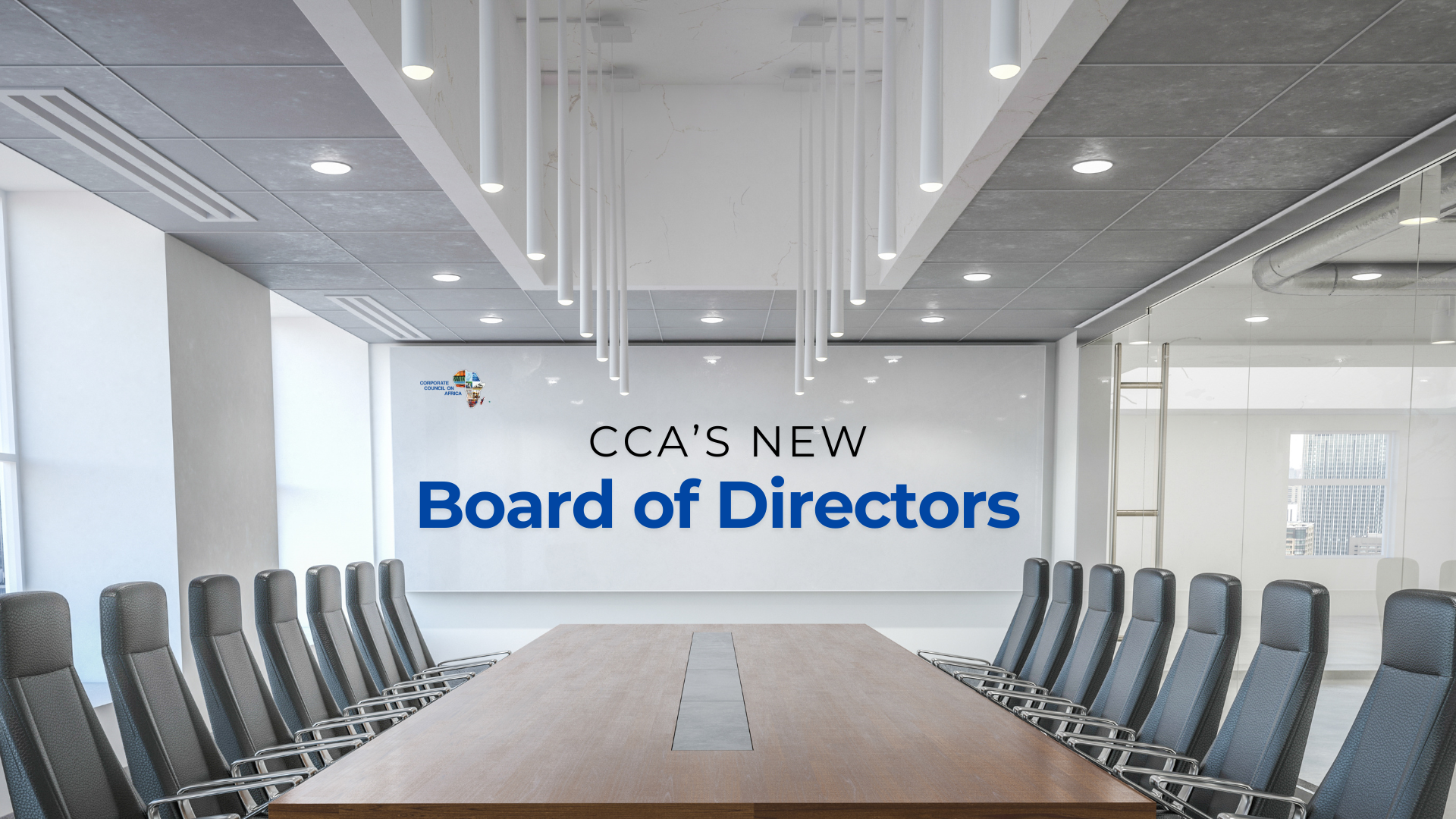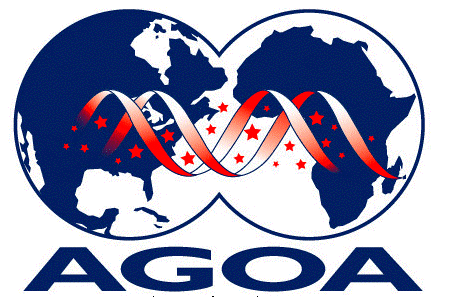High-Level Dialogue: Unlocking Capital For Africa's Infrastructure Through Innovative Finance

Moderated by CNN’s Richard Quest, the session explored how Africa can unlock infrastructure development through public-private partnerships (PPPs), asset recycling, and innovative financing. Alain Ebobissé, CEO of Africa50, emphasized that while governments may delegate services to privateactors, the responsibility for infrastructure delivery still lies with the public sector. Africa is adopting global PPP standards, especially in risk allocation, and must prioritize strong project sponsors and balanced contracts. Ebobissé stressed the importance of building projects with asset recycling in mind—applying a “build, derisk, distribute” model to recycle capital and accelerate development. Brook Taye, CEO of Ethiopia Investment Holding, echoed the urgency of infrastructure development despite its risks, noting that successful brownfield projects can be monetized and reinvested, though the same model is harder to apply to riskier greenfield projects. The panel also discussed the importance of policy continuity, with Ebobissé and others calling for strong enabling environments and risk mitigation tools to protect long-term investments. Armando Manuel, CEO of the Sovereign Wealth Fund of Angola, highlighted the role of sovereign funds and development finance institutions in de-risking investments and mobilizing capital.
All panelists agreed that power transmission is a viable and critical area for asset recycling. Taye cited Ethiopia’s success in exporting electricity to multiple countries, demonstrating the revenue potential of integrated infrastructure strategies. The conversation broadened to address perceived risks in African markets, with panelists pushing back against misconceptions. Manuel advocated for blended finance models, while Ebobissé cited data from Moody’s showing that African infrastructure projects are less risky than often assumed. Panelists acknowledged the trust issues between neighboring countries in cross-border projects but insisted that regional interdependence in sectors like energy and agriculture is both necessary and inevitable.
In response to skepticism from IFC’s Tiago Almeida about bankability, Ebobissé and Taye passionately defended Africa’s progress, citing numerous successful infrastructure investments already in place. The discussion concluded with a call to mobilize more domestic and regional capital, including local pension funds, to drive future infrastructure growth. Manuel proposed exploring blockchain and tokenization to further unlock asset value, while Taye stressed the need for governments to better manage and assess their existing infrastructure assets. As a final note, panelists rejected narratives of stagnation, pointing to landmark private investments—such as Dangote’s $21 billion refinery in Nigeria—as proof of Africa’s ongoing transformation.Ebobissé closed with a strong affirmation: Africa is investing in itself and will continue to lead its own development, welcoming international support but not dependent on it.

.png)

